I had an "off-the-record" conversation with one of the original HCSB translators. I don't feel comfortable communicating everything I was told, but he informed me that except for a stylist or two, the entire translation committee of the HCSB was replaced with an entirely new team. The edition of the new CSB handed out earlier this week does not list the translation team, but a cardstock page in the box referred to Dr. Thom Schreiner as "Co-Chairman, Translation Oversight Committee." Schreiner is a premier Evangelical scholar for whom I have great respect, and I will be interested to learn who else was on the committee.
An employee of Lifeway told me that the text in the copy of the CSB given to attendees is very close to final form, but there may still be a "grammatical correction or two" before print copies go on sale in 2017.
- All HCSB bullet notes have been removed.
- All 645 instances of Yahweh in the HCSB have been replaced with the more traditional LORD (all caps).
- Surprisingly (to me), beer has (correctly) been retained for the Hebrew שֵׁכָר/šēḵār.
- Pronouns referring to deity are no longer capitalized.
- Thankfully, other than the changes in capitalization, John 3:16 is still correctly translated as "For God loved the world in this way [οὕτως/houtōs]: He gave his one and only Son, so that everyone who believes in him will not perish but have eternal life."
- According to the former HCSB translator I spoke with, the new CSB uses the title Messiah much less often than the HCSB, which used it 116 times in the New Testament for Χριστός/Christos. Note, for instance, the use of Christ in Matt 1:16 of the CSB as opposed to the HCSB's Messiah.
- Contractions have been retained in spoken dialogue. Whether they have been increased or decreased in frequency is unknown without an electronic text to search.
- The textual basis for the CSB is the BHS5 for the Old Testament and the NA28/UBS5 for the New Testament.
- The term "Optimal Equivalence" has been retained as a way of describing the HCSB as a median translation between Formal and Dynamic Equivalence.
- The introduction makes note that traditional words such as justification, sanctification, and redemption are used "since such terms have no other translation equivalent that adequately communicates their exact meaning." Interestingly, though, I discovered that the HCSB's use of proptiation in Rom 3:25 (ἱλαστήριον/hilastērion); Heb 2:17 (λάσκομαι/hilaskomai); 1 John 2:2 (ἱλασμός/hilasmos); 4:10 (ἱλασμός/hilasmos) has been changed to follow the NIV's lead with the phrase "atoning sacrifice" in all of the instances except Heb 2:17 where it is translated "to make atonement."
I have not had time to give a close look at the CSB, but from what I can see it is not a minor revision of the HCSB. Rather, as Lifeway seems to be positioning it, the CSB is new translation where every verse of its predecessor seems to have been up for change if necessary. Think NEB to REB, RSV to NRSV--or perhaps more appropriate in this case, RSV to ESV.
And the ESV may be the actual catalyst in all this. The ESV has continued to gain in popularity and use in conservative American Protestant churches, so it's no surprise that the new CSB would be more traditional in a significant number of places than the HCSB (such as the Beattitudes in Matthew 5 reverting to the traditional "Blessed are..." formula of older translations).
No doubt the HCSB has always used more natural English than the ESV, but perhaps the CSB is an effort to sound natural and retain a sense of the familiar at the same time, thus possibly allowing for more widespread use than it has received to date.
My main quibble with the changes is the loss of Yahweh for the Divine Name (יְהוִה/YHWH). Yes, I know the arguments: we don't know the exact pronunciation, and use of the name is offensive to some with Jewish backgrounds. For the latter issue, a speaker needs to be sensitive to his or her audience. Neverthless, I have a problem with the use of the word Lord/LORD because (1) it is a title, not a name; and (2) it is a not a word in use outside religious circles in our culture and loses nearly all original meaning when used for God.
Having taught from the HCSB at church for the last decade, I will give the CSB the benefit of the doubt and begin using this advance copy immediately in that setting in an attempt to really give it a fair shake. I especially look forward to an electronic version in Accordance so that I can more easily compare the CSB with the HCSB, which I somehow feel had too short of a lifespan in the big picture.
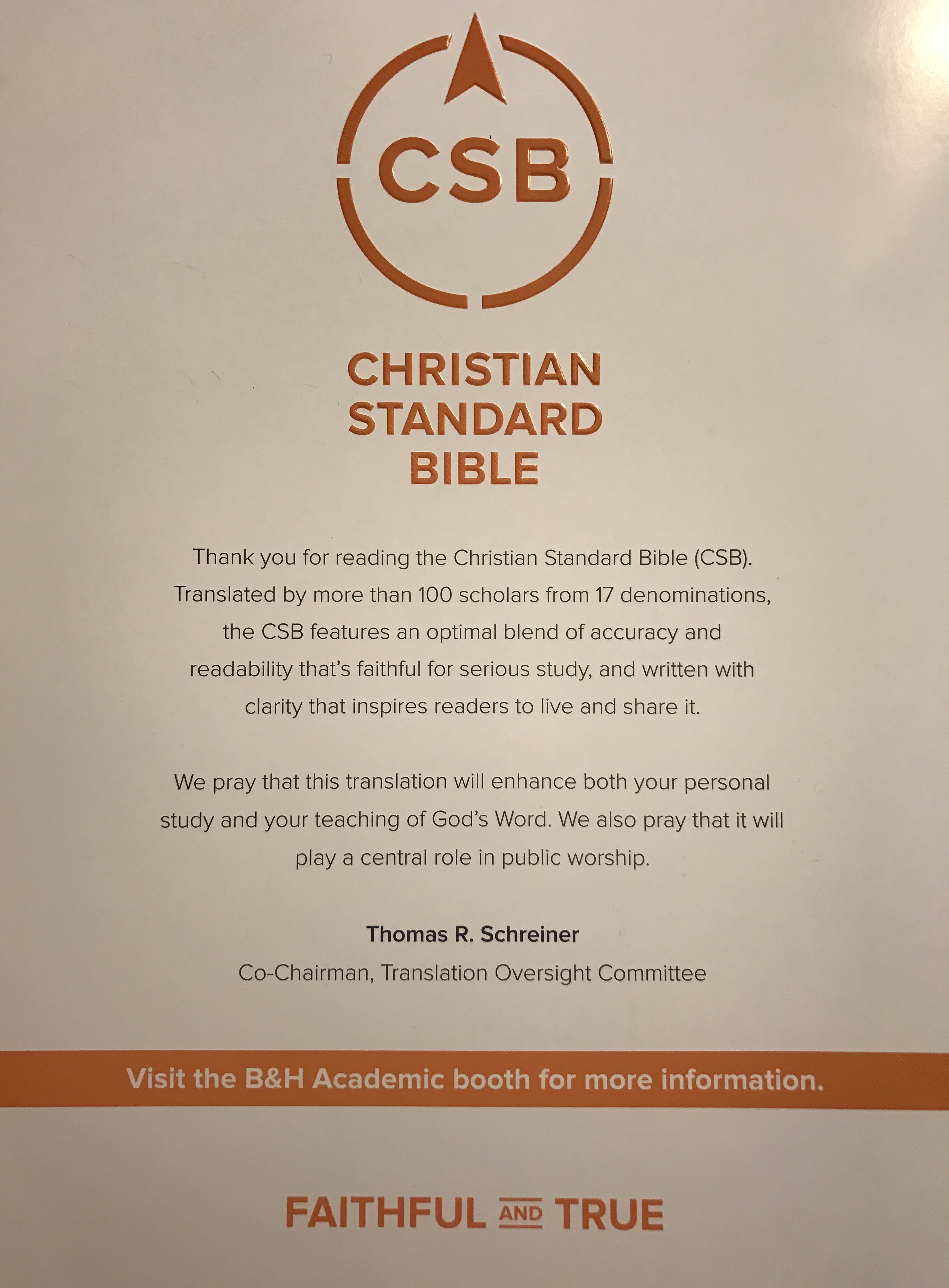
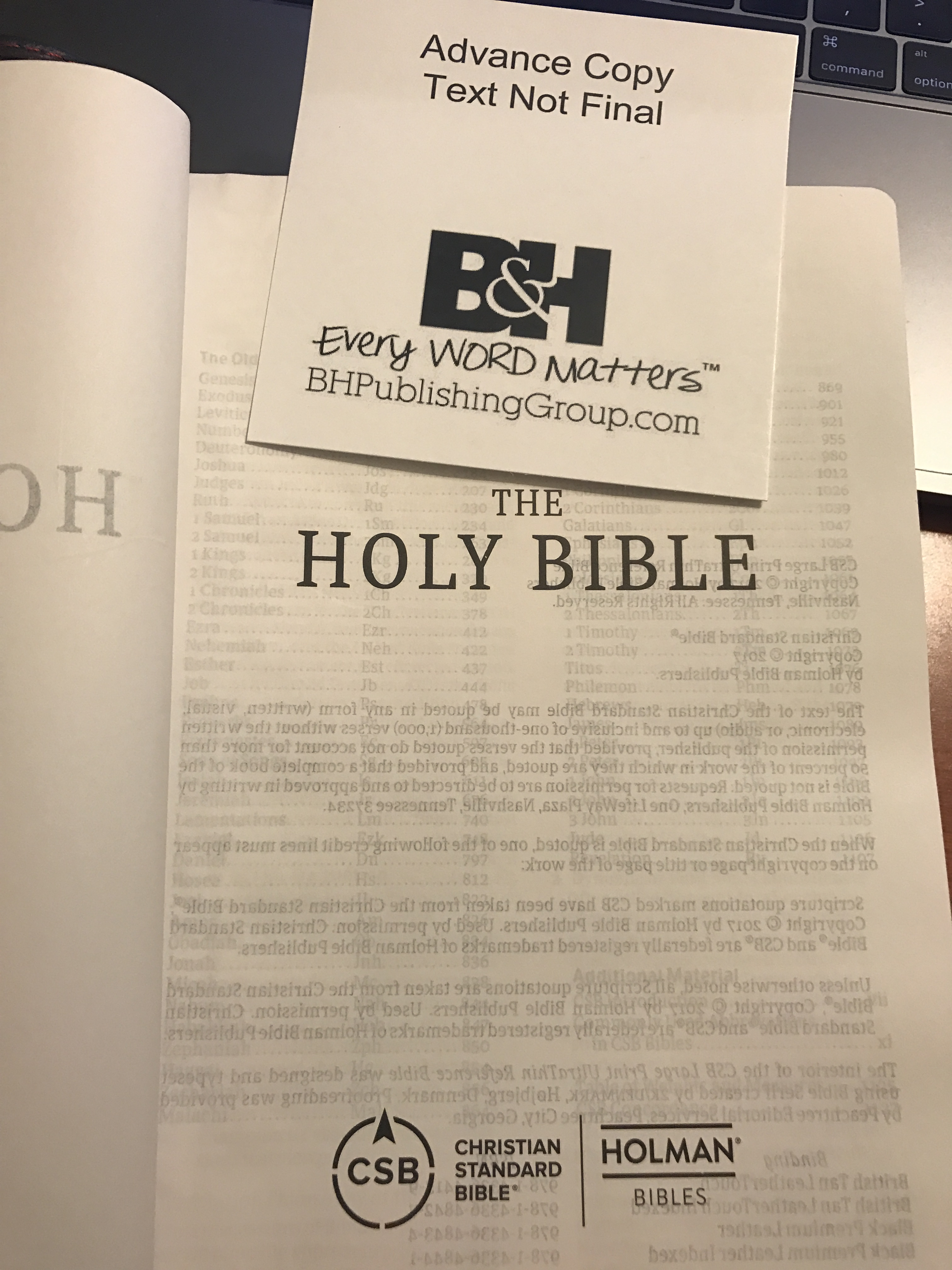
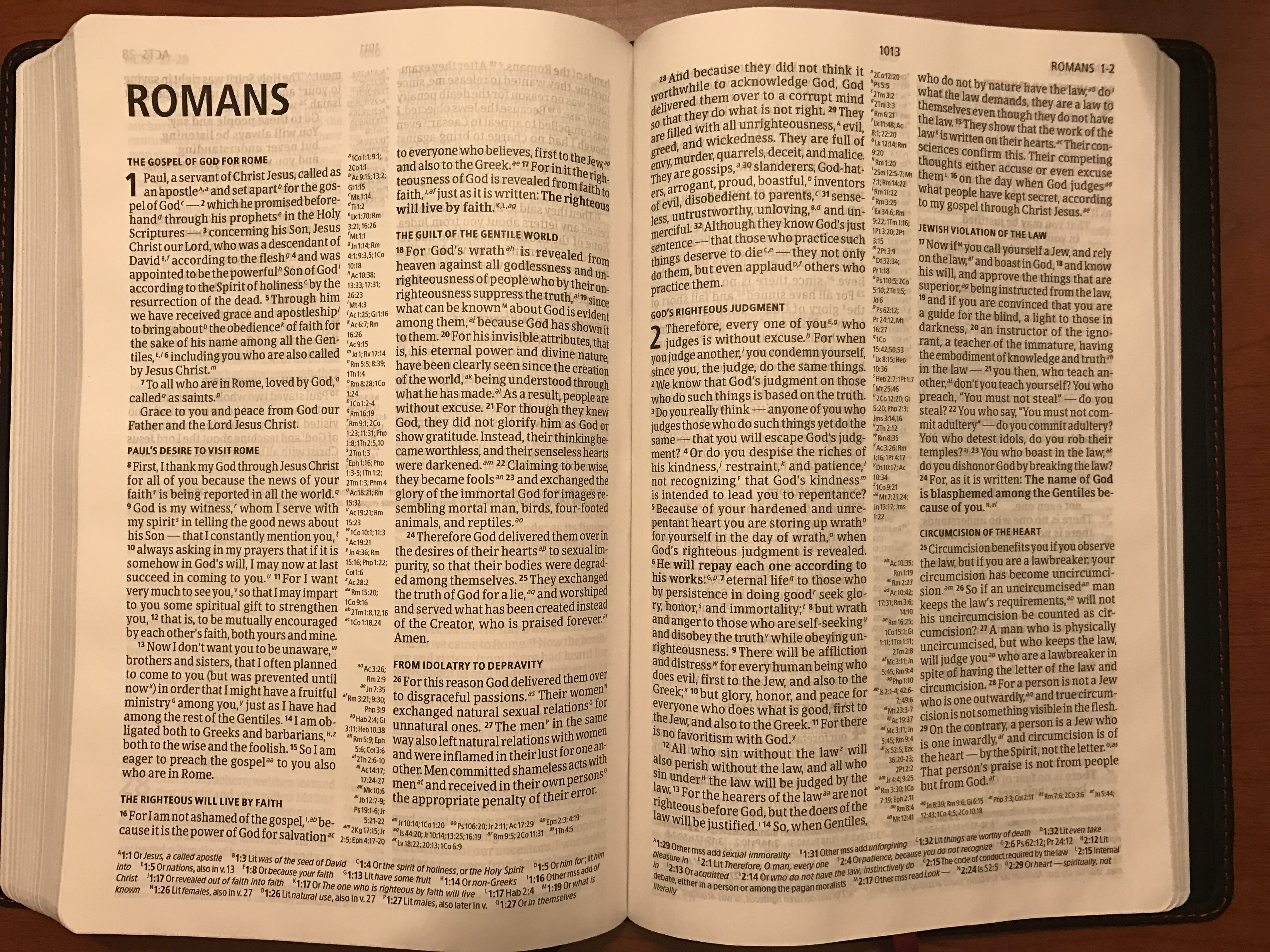
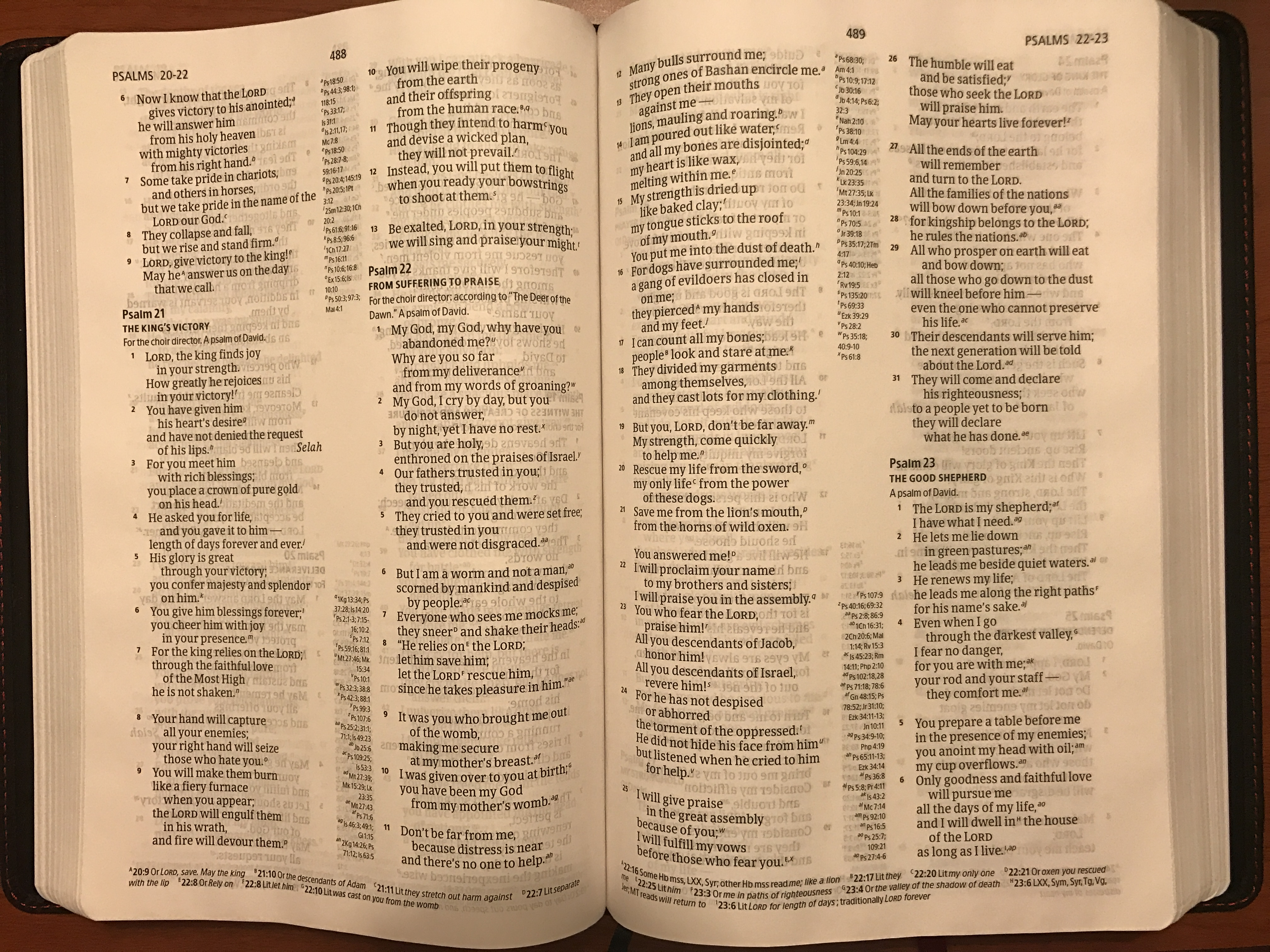
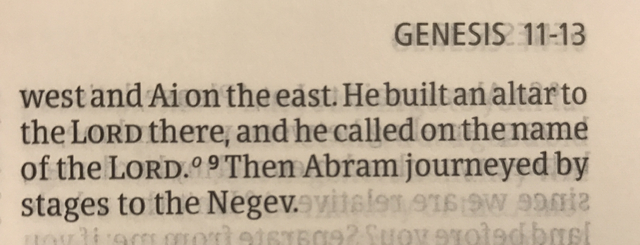
 R. Mansfield
R. Mansfield